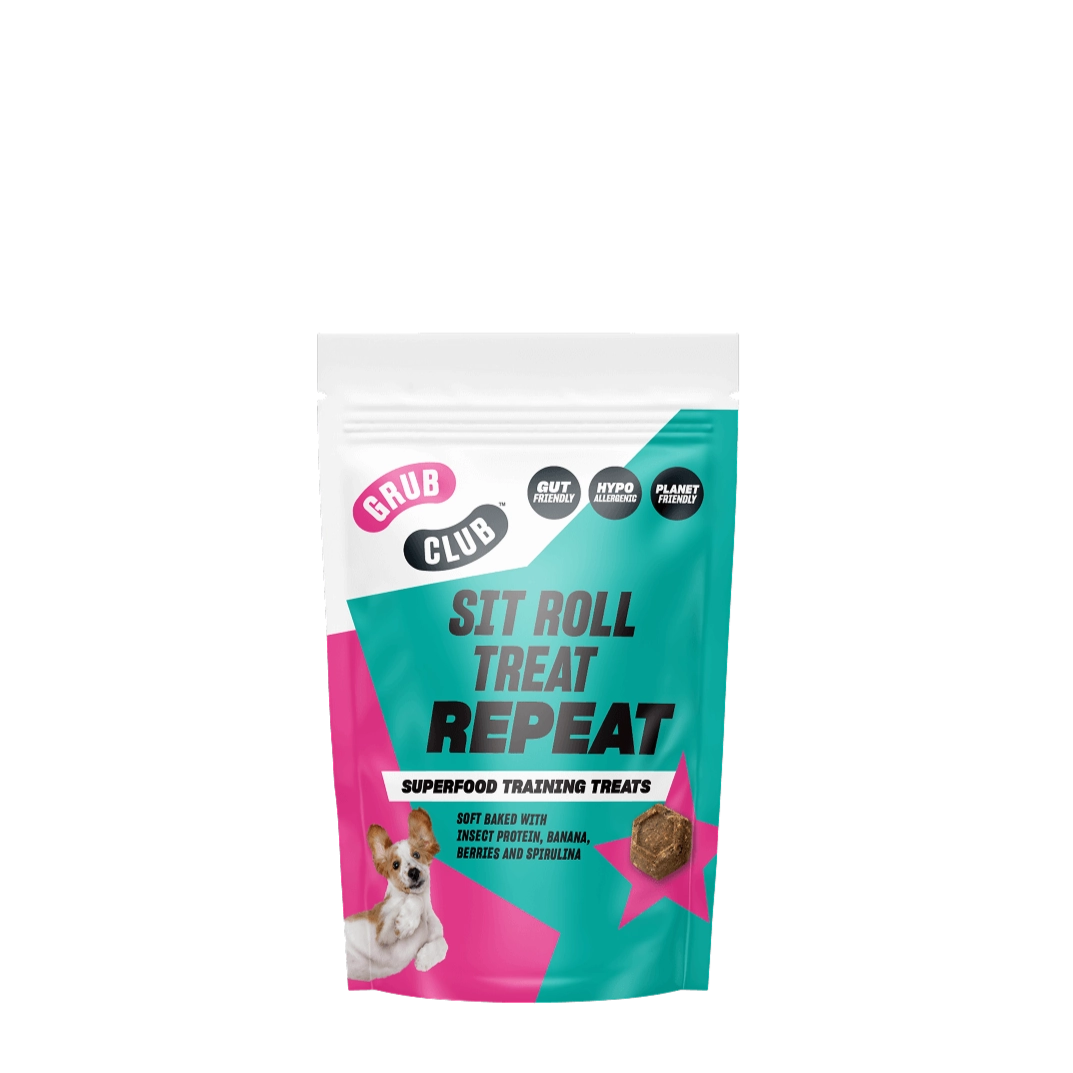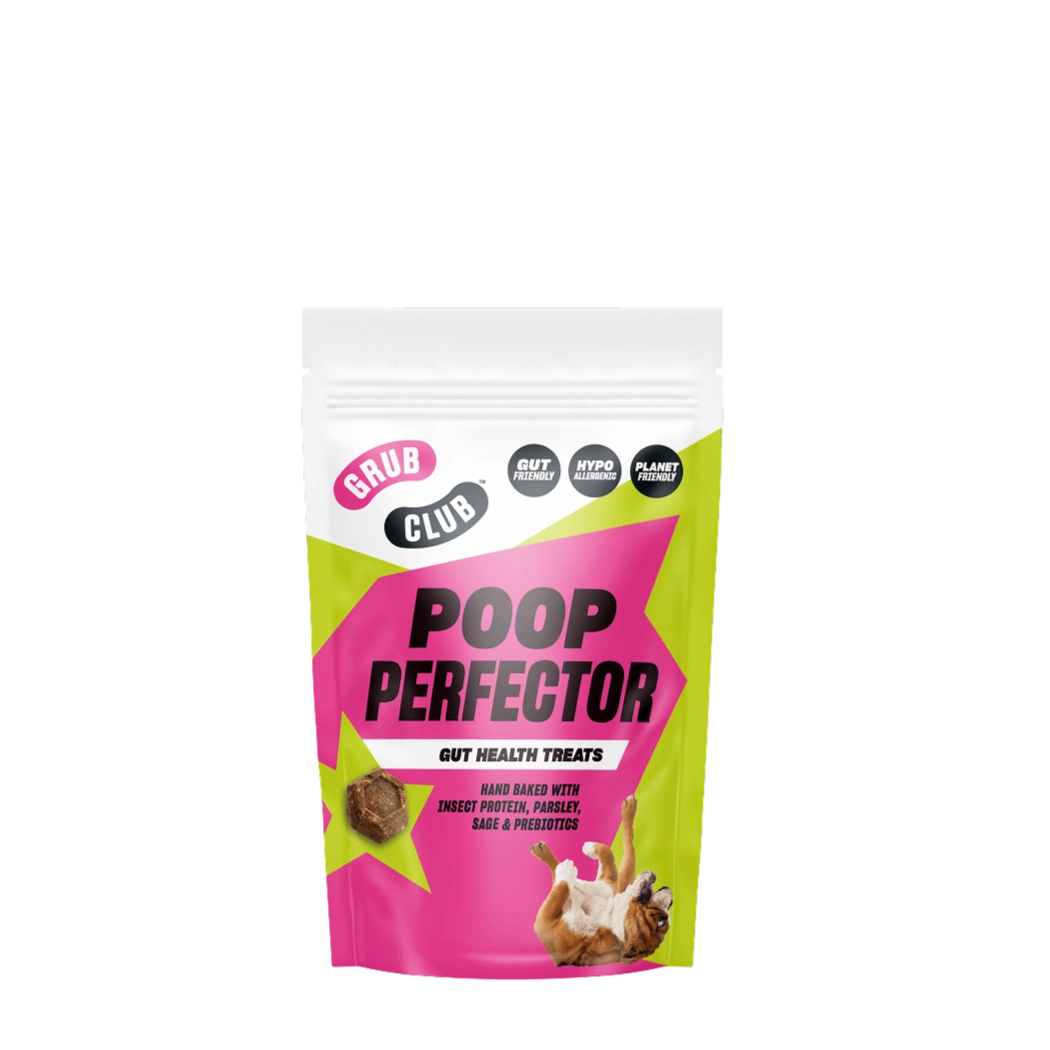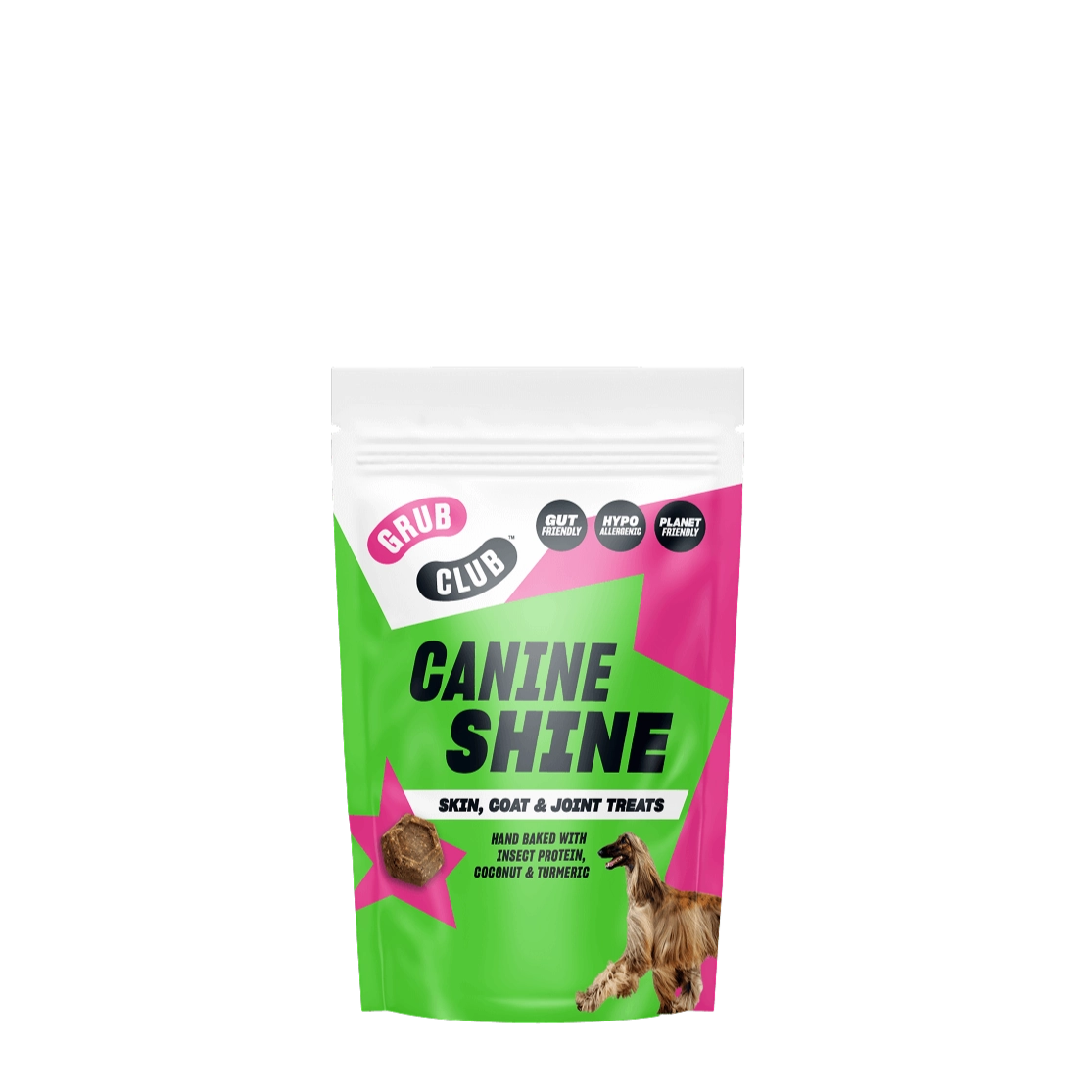Top Dog: All-In-One
Supplement for Snout-to-Tail Wellness
60 Scoops
FREE UK Delivery on orders above £49.
You have £0.00 in your cart, spend £49.00 more and get free shipping.
60 Scoops
1 Bar
72 Bags
1 Pack
1 Pack
1 Pack
Or continue without a name
CheckoutWhile some dogs thrive on raw diets, others can develop allergic reactions. Yes, we're addressing the controversial topic of raw feeding and why it could be more problematic for your dog's allergies than you think.
Raw feeding has gained popularity in recent years and it's heavily promoted as a healthier and 'more natural' alternative to commercial dog food. Advocates will argue their case that a raw diet comprised of meat, bones, and organs mirrors what dogs would have eaten in the wild.
However, the wild dog days are long gone (when was the last time you saw a dog take down a cow?) and attempting to feed a pet the same way that you would do a wild counterpart could lead to a range of issues that could trigger adverse reactions.

While some dogs thrive on raw diets, many pet owners have reported seeing adverse or worsened skin and digestion issues when feeding their dog raw.
Just as humans react differently to various foods, dogs will also exhibit individual responses to the diets we offer them. What works well for one dog may not be suitable for another. Monitoring your dog’s health and behaviour closely will really help you to identify any signs of food allergies or sensitivities to meat.

If you see these symptoms appear or get worse after switching to a raw food diet you may well have a clear answer.

As we gradually begin to see an increase in the number of dogs with allergies it may surprise you to hear that the most common food allergens are reported as traditional meat proteins such chicken, beef and lamb and dairy products such as eggs - all key components in a raw food diet.
If raw feeding is causing your dog tummy and skin troubles there are plenty of alternatives available. Look out for the following labels:

When it comes to your dog’s diet, it is essential that you take the right steps for their health. If you’ve tried raw food and it hasn’t worked, you aren’t alone. Finding that perfect dog food that will provide them with the balance they need can take time but once you get there you will be both be grateful.
Ready to try something new?
If your dog's allergy symptoms don't improve with 6-8 weeks of their new diet, we'll refund you the cost of your first order.






